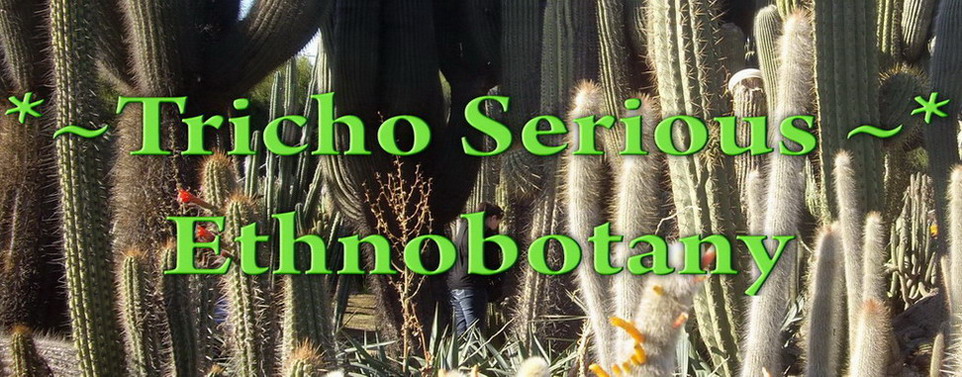Thursday, March 22, 2012
Ipomoea Purpurea 'Morning Glory' ~*
Ipomoea purpurea, the Purple, Tall, or Common Morning Glory, is a species in the genus Ipomoea, native to Mexico and Central America. Like all morning glories the plant entwines itself around structures, growing to a height of 2–3 m tall. The leaves are heart-shaped and the stems are covered with brown hairs. The flowers are trumpet-shaped, predominantly blue to purple or white, 3–6 cm diameter. The plant is predisposed to moist and rich soil, but can be found growing in a wide array of soil types. It is naturalized throughout warm temperate and subtropical regions of the world. Although it is often considered a noxious weed, Ipomoea purpurea is also grown for its beautiful purple and white flowers and has many cultivars. Common cultivars include I. purpurea 'Crimson Rambler' (red-violet blossoms with white throats); 'Grandpa Ott's,' 'Kniola's Black Knight,' and 'Star of Yelta' (blossoms in varying shades of deep purple with white or pale pink throats); and 'Milky Way' (white blossoms with mauve accents).
Morning glory is known in China for its medicinal uses, due to the laxative properties of its seeds. It was introduced to the Japanese in the 9th century, and they were first to cultivate it as an ornament.
Ancient Mesoamerican civilizations used the morning glory species to convert the latex from the Castilla elastica tree and also the guayule plant to produce bouncing rubber balls. The sulfur in the morning glory's juice served to vulcanize the rubber, a process predating Charles Goodyear's discovery by at least 3,000 years. Aztec priests in Mexico were also known to use the plant in healing and divinatory rituals.
I recieved the seeds for this from a mate in Sydney when I was up there visiting a few years back now. Have grown the plant ever since. This particular cultivar dies over the winter here, but always releases enough seeds to come back again when it warms up. There is another Purpurea cultivar with much bigger flowers that survives the winter here fine and is considered locally a weed, although strangely i've never seen it set seed.
Subscribe to:
Post Comments (Atom)







No comments:
Post a Comment